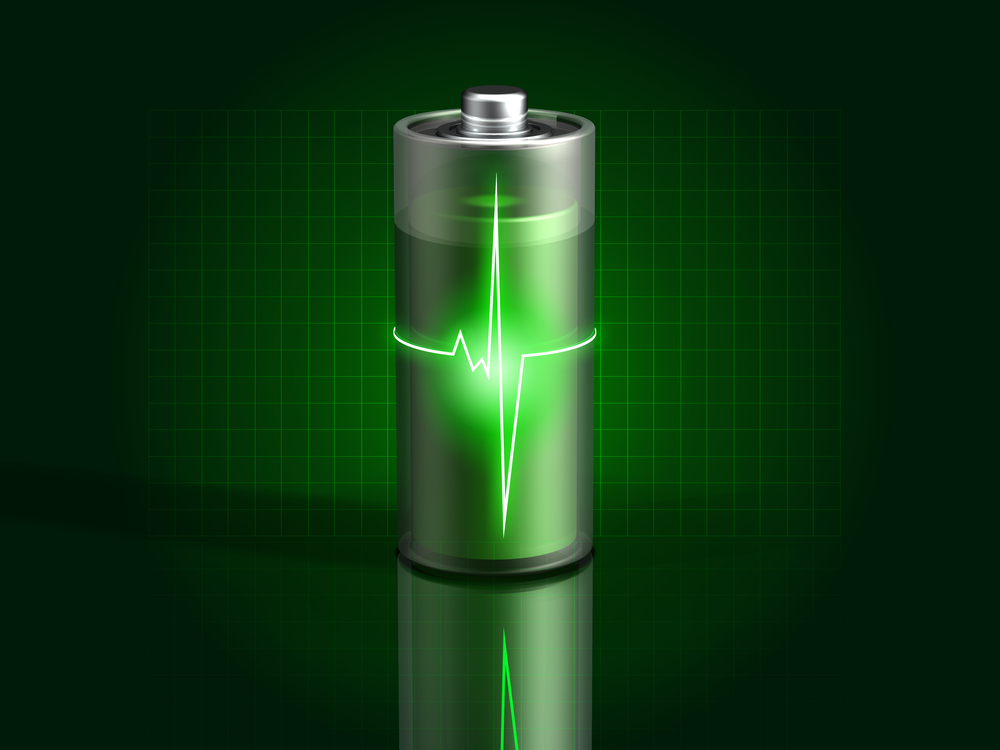Charge Ahead on National Battery Day!

Charge Ahead on National Battery Day!
February 18 is National Battery Day! Chances are you or someone in your household received a battery-operated device or two this holiday season. Batteries power countless commonplace items -- mobile phones, flashlights, laptop computers, radios, tablets, watches, e-cigarettes, smoke detectors, handheld game devices, television remotes, toys, automotive vehicles, robot vacuum cleaners, drones, garden tools, hoverboards, earbuds, fitness monitoring devices, even toothbrushes. All these fun, cord-free, life-altering devices are great reasons to celebrate!
Batteries are so commonplace and versatile that it is easy to be lulled into complacency when using or handling them. However, if these ubiquitous power packs are handled, stored, or disposed of improperly, they can pose significant environmental and public health risks.
Batteries contain harmful chemicals such as lead, mercury, cadmium, and lithium, which can leach into the soil and water supply if not disposed of correctly. Batteries can also cause fires when improperly handled. Proper handling and disposal practices can minimize these risks and create a healthier environment.
Why Proper Disposal Matters
- Environmental Protection
- Batteries in landfills can leak harmful substances, contaminating soil and groundwater.
- Recycling recovers valuable materials, reducing the need for new resource extraction.
- Health and Safety
- Improperly disposed batteries can release toxic fumes or cause fires in waste facilities.
- Safe handling prevents exposure to harmful chemicals.
- Legal Compliance
- some laws mandate the proper disposal of certain types of batteries. Failure to comply can result in fines.
Tips for Battery Care and Storage:
- Never touch or allow anything else to touch both terminals simultaneously.
- Never store batteries loose, piled, or bagged so that posts can touch.
Store batteries out of reach of children.
- Small batteries should be stored in their original packaging whenever possible.
- 9-volt batteries should be stored standing up if possible.
- Do not store batteries in “junk drawers” or boxes of assorted items.
- Never allow batteries to contact metal – don’t’ store them around paper clips, binder clips, coins, silverware, screwdrivers, etc.
- Don’t store different types of batteries together.
- Never burn or expose batteries to flames.
- Be aware that all batteries will eventually leak. Watch for corrosion. Avoid touching corroded batteries with bare hands.
Even weak or dead batteries will retain enough charge to cause fires or shock, so be careful.
- Never allow batteries to contact water.
- Never take apart a battery.
- Only recharge batteries that are designed to be recharged.
- Any tool used around batteries should be non-conductive.
- Never smoke around batteries.
- Recycle used batteries properly.
Battery Recycling
Prince William County residents can bring various household and lead-acid automotive batteries daily to the Prince William County Landfill or the Compost Facility. However, these facilities do not accept hybrid/EV batteries used in electric cars. For EV battery recycling, contact a car dealership or auto parts retailer.
In addition to the two county facilities, several retail outlets make battery recycling convenient for many types of batteries. Home Depot, Lowe’s, Best Buy, Staples, or battery specialty stores like Batteries Plus and Interstate Battery all have battery-recycling programs. Mom’s Organic Market has an extensive recycling center that accepts various battery types. Earth 911 and Call2Recycle are great online resources for finding battery recycling drop-off locations and mail-in program options.
No matter what recycling option, tape over household batteries' terminals (ends) to prevent them from short-circuiting and possibly causing a fire. Call2Recycle.org, a leading consumer battery recycler, recommends using duct or non-conductive electrical tape.
Charge Ahead
Batteries have a long history of providing humankind with a bright future. Let’s charge ahead and celebrate this life-changing invention on February 18 or any day with respect and proper handling, storage, and recycling.
For more information on recycling and properly disposing of electric/battery-operated items and other materials in Prince William County, use the A to Z Disposal Guide at www.pwcva.gov/disposalguide.